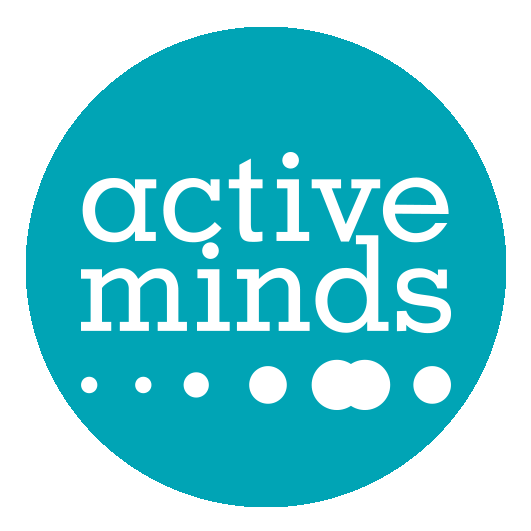It sounds counterintuitive, but on March 28, 2012, the hot and rigid properties of asphalt made up the most forgiving surface of my life. I had attempted suicide, but I had survived and was posed with the toughest question of my life: now what?
I suppose I should back up. I had been depressed for much longer than I knew what depression was. Even in third grade I can remember getting down on myself for not doing as well in school as I thought I should. My perfectionism followed me throughout my childhood casting a shadow of disappointment on my accomplishments.
Things took a dark turn midway through high school. The summer after my sophomore year I watched my grandmother, a sweet and caring woman, succumb to pancreatic cancer. From that point on I established a negative worldview, one where bad things happen to good people for no reason. My faith in the goodness of the world disappeared.
A year later, my parents separated. I’m an only child and the closest non-immediate family member I have is a ten-hour drive away. Their divorce left me feeling abandoned; floating through the world untethered and alone.
The most devastating thing to happen to my mental health occurred during my senior year. Soccer is my passion. Being on the field with my best friends playing the game I love were my happiest moments. All I ever wanted was to play the game at a high level. But in ultra-competitive northern Virginia, success on the soccer field comes only after years of high-level training. Training that I never sought because I was naïve enough to think that recreational leagues were sufficient.
So four years in a row I was one of 100 or so boys to try out for the soccer team; and four years in a row I was cut. The fourth year broke me. I identified myself as a soccer player and the world told me that I wasn’t good enough at that.
The only thing that kept me going was the love I had for my girlfriend at the time. But that was a relationship that had been failing for a while, and when she ended it, my last ray of hope was extinguished.
That brings us back to my original question. I’d been given a second chance. Now what?
Initially, I was overwhelmed by the outpouring of support from friends and family. So many people expressed love during my time in the hospital that I made it my immediate goal to get “better” and restore their friend and son.
In the short term, this strategy worked. I swept my problems under the rug, went off for my freshman year of college and had the year of my life. Over time, I accepted the things that troubled me. Death is a part of life. My parents’ divorce was for the best; they’re both happier now. I found other girls to love. Most importantly, I found a passion and talent for sports public relations.
But I continued to ignore the underlying problem, and my junior year of college depression crept back into my life. I was consumed by guilt from my suicide attempt. I had caused so much pain to loved ones, incurred huge medical bills for my parents, and made my ex-girlfriend look like a monster. Compounded with the drinking and sexual habits of what some think of as “a typical college male,” I felt like a terrible person.
So I took a crucial step that I hadn’t taken before: I asked for help.
James Madison University’s counseling center was an incredible resource for me. My counselor and I discussed morality, depression and relationships. Such a deep level of introspection was one of the most challenging things I’ve ever done, but it was just as rewarding.
I’m not going to pretend that my life is perfect and easy now. There are still days where the black cloak of depression covers my world. But I survive and thrive now because I have made my own mental health a priority. I recognize and accept that depression is a part of my life, and actively self-help to prevent myself from becoming suicidal again.
Now what?
Now we end the stigma around depression, suicide and mental health.
If you or someone you know is in crisis, call National Suicide Prevention Lifeline at 1-800-273-8255, or text “BRAVE” to 741-741 to reach Crisis Text Line.



